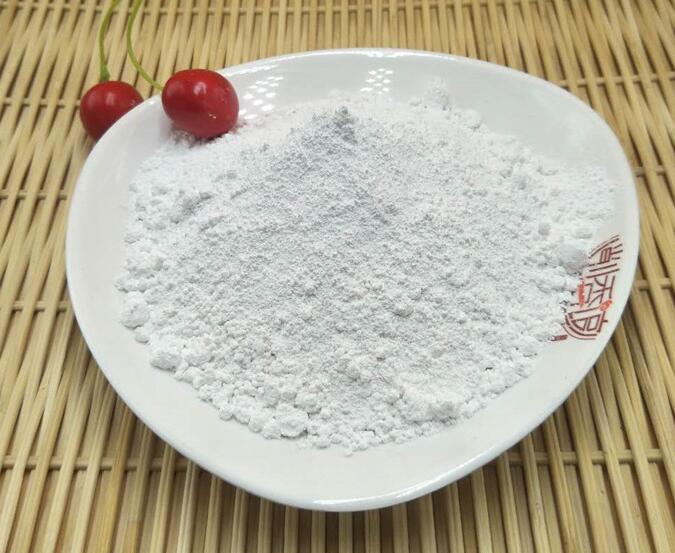The key role of magnesium hydroxide in the suspension polymerization of styrene

In the suspension polymerization process of styrene, magnesium hydroxide (Mg(OH)2) not only acts as a dispersant, but also has thermal stability and flame retardant properties, which are essential for controlling the particle size and morphology of the polymer, and thus affect the processing performance and physical properties of the final product.
Dispersion
Stability: The excellent dispersibility of magnesium hydroxide in water enables it to form a stable suspension, which is essential for maintaining the separation state of monomer droplets in the polymerization reaction, helping to avoid agglomeration and thus obtain polymer particles with uniform particle size.
Protective film: Magnesium hydroxide can be adsorbed on the surface of the droplets to form a protective film to prevent agglomeration between particles and ensure the consistency and stability of the polymer particle size.
Thermal stability The high thermal stability of magnesium hydroxide keeps its structure stable under the high temperature conditions of the polymerization reaction, and does not decompose to produce harmful substances, thereby ensuring the safety of the polymerization process.
Flame retardant properties Magnesium hydroxide decomposes into water vapor and refractory magnesium oxide when heated. This property makes it an effective flame retardant, especially suitable for the production of flame-retardant polystyrene.
Optimizing polymerization conditions By adjusting the amount, particle size, surface treatment and other factors of magnesium hydroxide, the particle size distribution of the polymer can be controlled, which in turn affects the fluidity and processing properties of the polymer and optimizes the polymerization conditions.
Environmental friendliness Compared with traditional dispersants, magnesium hydroxide is an environmentally friendly choice. It is non-toxic and easy to remove from the product after polymerization, reducing potential pollution to the environment.
Research progress Scientists explore the effect of magnesium hydroxide on polymer properties by changing parameters such as the amount of magnesium hydroxide added, particle size, and type of surface modifier to achieve the best polymerization effect. For example, Xu Hongyan discussed the application of magnesium hydroxide in styrene suspension polymerization in detail in his 2019 study and determined the optimal reaction conditions through experiments.
The application of magnesium hydroxide in styrene suspension polymerization not only improves the quality of the polymer, but also promotes the development of high-performance materials such as flame-retardant polystyrene, which has significant industrial value and environmental significance.








